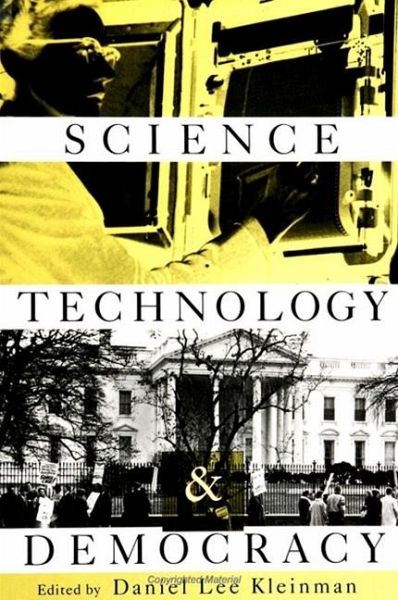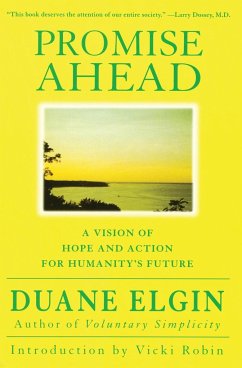
Science, Technology, and Democracy
Versandkostenfrei!
Versandfertig in über 4 Wochen
32,99 €
inkl. MwSt.

PAYBACK Punkte
16 °P sammeln!
Activists, scientists, and scholars in the social sciences and humanities explore in productive dialogue what it means to democratize science and technology. The contributors consider what role lay people can have in a realm traditionally restricted to experts, and examine the socio-economic and ideological barriers to creating a science oriented more toward human needs. Included are several case studies of efforts to expand the role of citizens -- including discussions of AIDS treatment activism, technology consensus conferences in Europe and the United States, the regulation of nuclear mater...
Activists, scientists, and scholars in the social sciences and humanities explore in productive dialogue what it means to democratize science and technology. The contributors consider what role lay people can have in a realm traditionally restricted to experts, and examine the socio-economic and ideological barriers to creating a science oriented more toward human needs. Included are several case studies of efforts to expand the role of citizens -- including discussions of AIDS treatment activism, technology consensus conferences in Europe and the United States, the regulation of nuclear materials processing and disposal, and farmer networks in sustainable agriculture -- and examinations of how the Enlightenment premises of modern science constrain its field of vision. Other chapters suggest how citizens can interpret differing opinions within the scientific communities on issues of clear public relevance.












